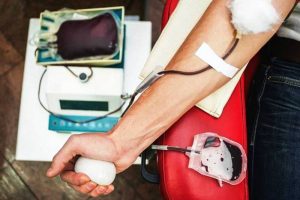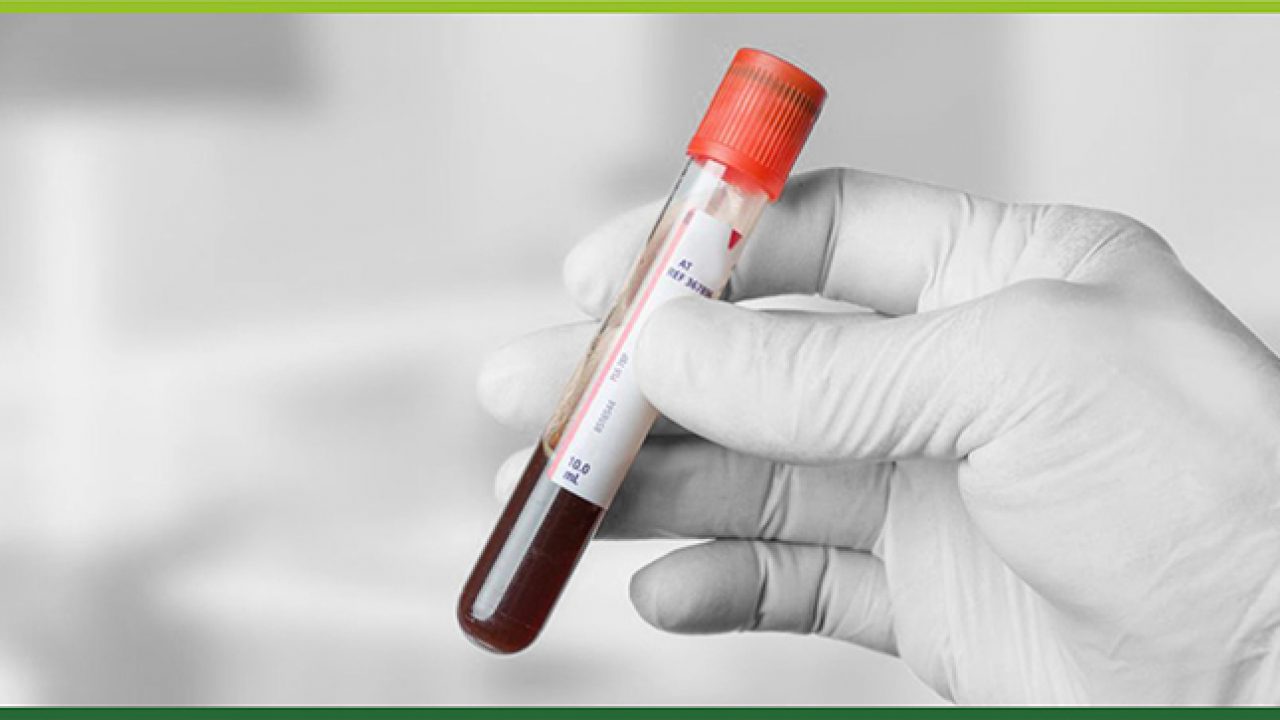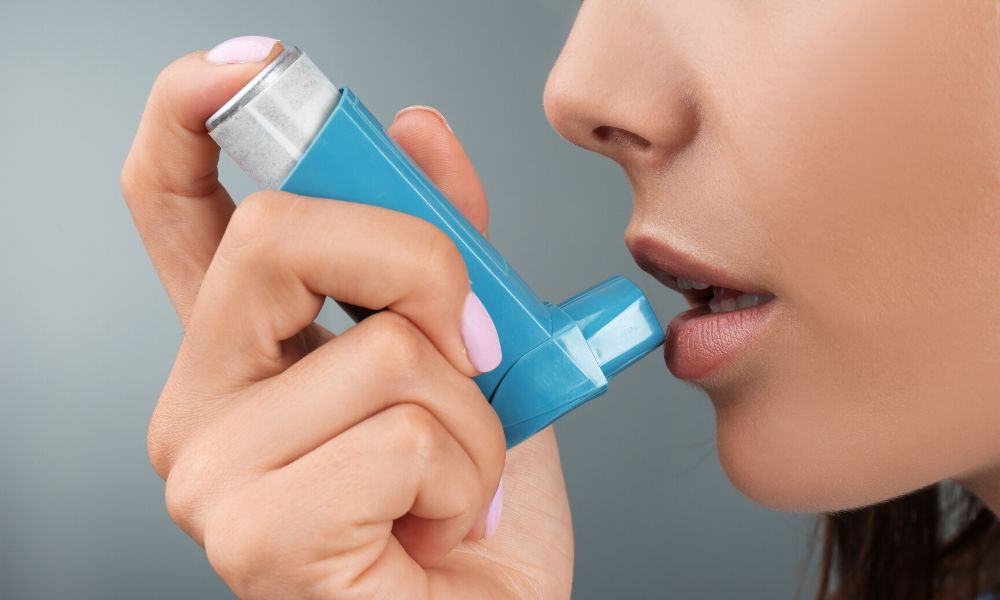Important facts before and after Blood Donation
Blood Donation is precious because it can help keep other people alive. But not everyone is suitable for this job, so you should know about it before donating blood.
Blood donation is sometimes an emergency, especially during the Quaid 19 epidemic, which has become more prevalent due to more surgeries and treatments. If you are looking to donate blood, in this section, we will introduce you to facts about blood information that you should be aware of before making a decision.

Not everyone is suitable for donating blood.
- Restrictions may prevent blood donation. There must be some principles in you. For example, be at least 17 years old. Of course, some countries also allow 16-year-olds to donate blood, which their parents must approve.
- You must weigh at least 50 kg. Otherwise, they will not take blood from you, even if you are over 18 years old.
- Your blood pressure should also be 9 to 5.
- The number of red blood cells must be at a certain level.
- Women who plan to donate blood should not be pregnant.
Blood donation has very few risks.
Risks associated with blood donation include bruising around the needle, burning the arm, and feeling dizzy, tired, weak, and sensitive. Of course, some people have donated a lot of blood during their lives and have not felt hard. Iron deficiency is a common problem in people who donate blood, and usually, a small amount of iron is lost after each blood donation.
Donor health is important.
Months, weeks, and days before donating blood, it is essential that your body is healthy, eats healthy, is well hydrated, and has enough rest. These steps will help you to be physically healthy and to be able to donate your blood whenever you want. After donating blood, you should eat iron-rich foods such as red meat, fish, turkey, beans, and spinach to recover lost iron quickly.

Do not donate blood if you have a chronic or acute illness
Suppose you have illnesses such as fever, cough, and respiratory infection. In that case, you should delay donating blood until recovery, and it is essential to treat these illnesses and notify your doctor in advance of any illness. There are no active infections or antibiotics in your body.
If you have a sexually transmitted disease, you are not a good choice for blood donation.
People with hepatitis B, hepatitis C, chlamydia, genital herpes, genital warts, or HIV can not donate blood. People with gonorrhea or syphilis should also wait 12 months after treatment.
Donating blood is easier than you think.
Blood donation takes only one hour. In the first few minutes, you are busy with registration and administrative work, including signing the relevant booklet and reading the necessary information. It takes about 15 to 20 minutes to review your medical history and ask you questions about emotions, lifelong travel, and medications. They then check your pulse, heart rate, blood pressure, and the amount of hemoglobin and oxygen in your tissue, and the blood donation process only takes 8 to 10 minutes.
You are never big enough to donate blood.
As mentioned, in many countries, you must be at least 17 years old to be eligible for a blood donation, but there is no age limit, and you can donate blood as long as you are alive. ; Of course, if you have other conditions.
You do not need to know your blood type.
Surveys conducted in 2018 of those who donated blood showed that half do not know their blood type. For this reason, you do not need to know your blood type to donate blood. Sure, all blood types are needed, but there are ways you can find out your blood type.
How to donate healthy blood?
- The donor must be eligible and at least 17 years old and weigh 110 pounds. People who have high-risk sex and recently had a tattoo are not eligible to donate blood.
- Eat low-fat, high-iron meals such as whole wheat bread, low-fat yogurt, eggs, spinach, bananas, etc., at least one hour before donating blood and avoiding fatty foods, the fats that enter the bloodstream.
- Before donating, drink more water and drink extra fluids to replace the remaining fluids with blood donations, but avoid beverages such as tea, coffee, and caffeinated beverages diuretic.
- Do not take aspirin for 48 hours before donating blood.
- Before going to the blood transfusion center, wear clothes that have comfortable sleeves.
- Try not to stress when donating blood and be completely calm.

Blood donation has many benefits:
Blood donation contributes to cardiovascular health and improves blood flow. Reports show; People who donate blood have regular blood cells, and on the other hand, there are many mental health and mental benefits, which also affect your body and make you feel very positive.
Blood donors can help people with cancer and hemoglobin-related illnesses or those who have had surgery or have a history of organ transplant or trauma if the blood is appropriate.










